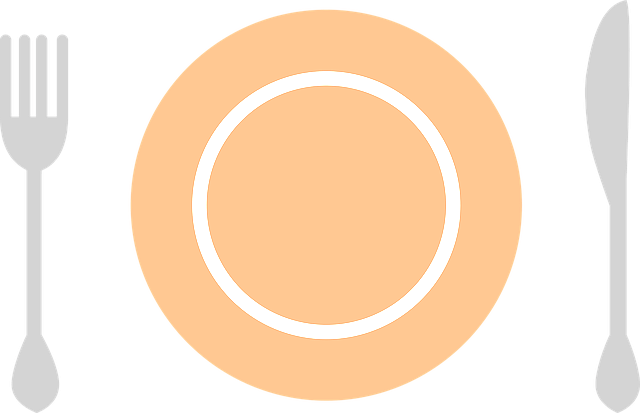The 411 on
Portion Sizes After Gastric Sleeve,
Bypass, or Band
Mastering “perfect” portion sizes after gastric sleeve, bypass, or band can be tricky. Understanding they’re constantly changing based on time, food, and how big your stomach was to begin with is key. Here’s the lowdown on the path to “perfection.”
Time
In the early days post op, your stomach is all swollen and angry, so it can only handle a few bites at a time. But, as time goes by and the swelling goes down, you can start to eat a little more.
It's usual to tolerate only a few bites, tablespoons, or 2-3 ounces at a time in the beginning. But don't worry, as you heal and the inflammation and swelling go down, you can slowly eat a little more.
Portion sizes will therefore increase gradually throughout the first-year post op. Think of your stomach like a rubber band - it's meant to stretch to some degree.
Once healed, your pouch allows a larger, yet still limited, amount of food. So don’t worry, your stomach won't stretch all the way back to where it started, I promise. However, there will be times when you think it did…
The panic sets in when you go for seconds and start questioning if your stomach has turned into a black hole, sucking in all the weight with it.
But before you start stockpiling on elastic waistbands, take a look at the texture of your food. Maybe it's time to switch up those liquid protein shakes and mushy cottage cheese for some solid chicken.
Portion Sizes After Gastric Sleeve, Bypass, or Band are a no-brainer with
Texture Tantrums
When
it comes to portion sizes after gastric sleeve, bypass, or band, texture is key. You see, different
foods have different “personalities.”
Liquids and mushy, soft foods are like that cool and easy-going friend you can hang out with all day, while hard and dense foods are like that one friend who's a tough challenge to be around.
Translation:
- This means you can eat a larger portion of cottage cheese (soft) than chicken (dense).
- You may be able to drink an entire protein shake (liquid) but only eat ½ protein bar (solid).
- You may be able to eat 6oz of Greek yogurt (mushy) but only 1 ounce of ground turkey (dense).
- You can eat a larger portion of processed, packaged foods ("slider foods") than real, whole (dense) foods.
So, the answer to how much you can eat largely depends on what you're eating. Different foods feel different in the stomach. Ground turkey feels different (heavier/harder to eat) than soup or ricotta cheese feels (soft/goes down easily).
The bottom line….If you’re eating as much as you did pre op or as much as your friends who haven’t had weight loss surgery, scrutinize the texture of the foods you’re choosing. Maybe it’s time to switch things up.
The REAL secret to mastering “perfect” portion sizes after gastric sleeve, bypass, or band surgery:
Your Stomach is a Snowflake
The size of your stomach is like a snowflake, unique and one of
a kind. And it might seem hard to believe, but the size
of your stomach does not correlate with how much you
weigh.
People who are naturally thin can have the same size or even larger stomachs than people who are overweight or obese. ("Stomach" meaning the anatomical size of your stomach, not body fat around the middle that you typically think of as the "stomach.")
Bariatric surgery procedures only remove a percentage of your stomach. So if you have a larger stomach to begin with and 70% or 80% is removed (or bypassed), you have a larger stomach left over than someone who started with a smaller stomach and had 70%-80% is removed or bypassed. Make sense?
Think of it like cutting a slice off a large pizza vs cutting a slice off a small pizza. The slice from the large pizza will be bigger than the slice from the small pizza.
The point is, your portion sizes after gastric sleeve, bypass, or band may be different than someone you know who had the exact same surgery because the two of you "ended" with different size stomachs.
(So it’s best to stay in your own lane and not compare how much you can eat to someone on FB!)
The Bottom Line for Your Bottom Line
Portion Sizes After Gastric Sleeve, Bypass, or Band

- It’s impossible to give an exact cookie cutter answer to the question: “How big “should” meals be after VSG surgery?! (It’s best to avoid “shoulding” on yourself” in general!)
- Bariatric portion sizes are dependent on how big your stomach was to begin with.
- How much you can eat changes based on time and the texture of what you eat.
- The REAL key to mastering portions is mindful eating.
